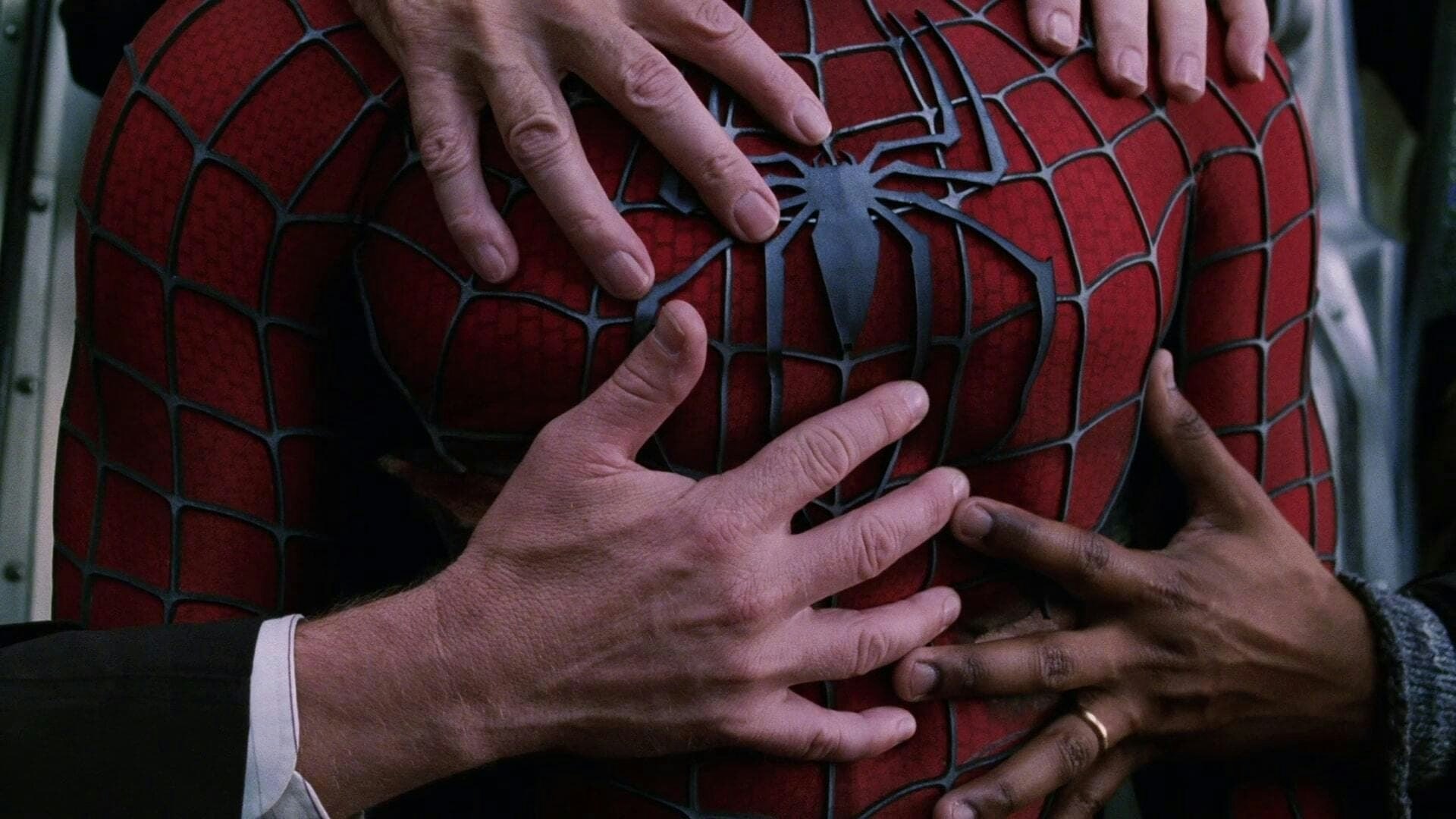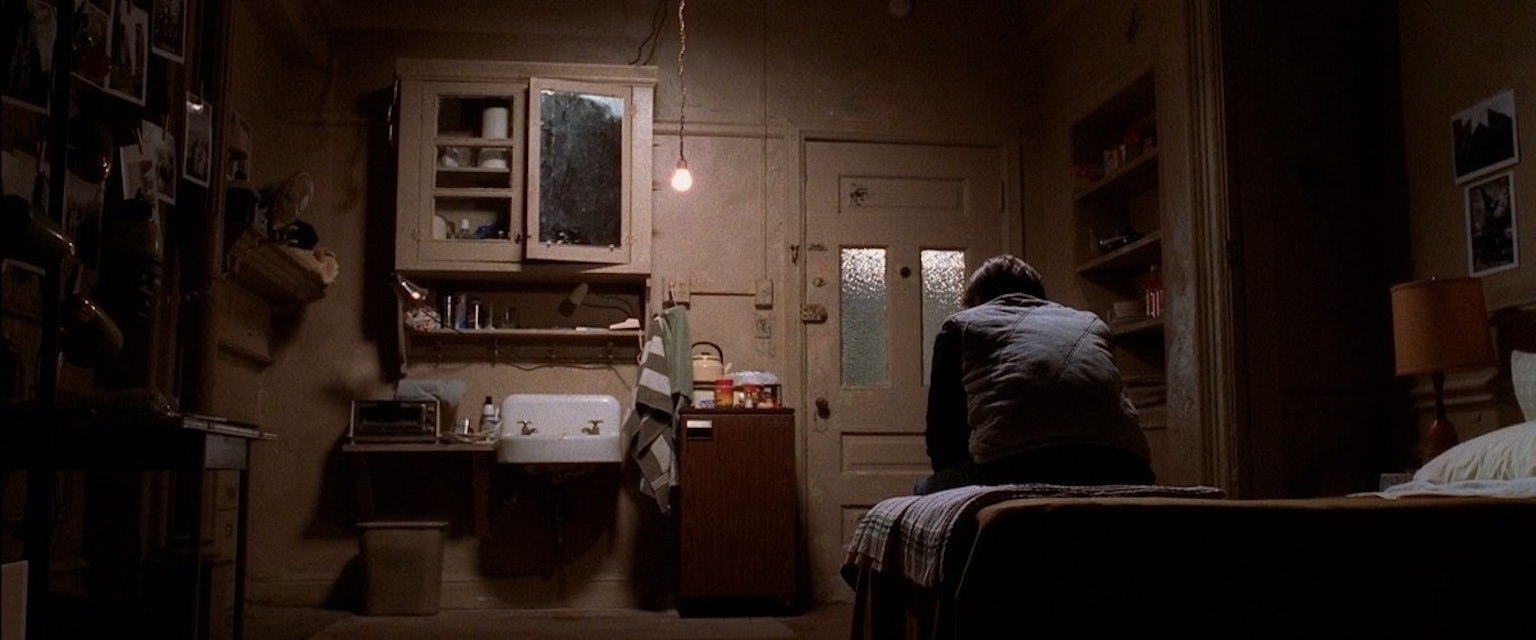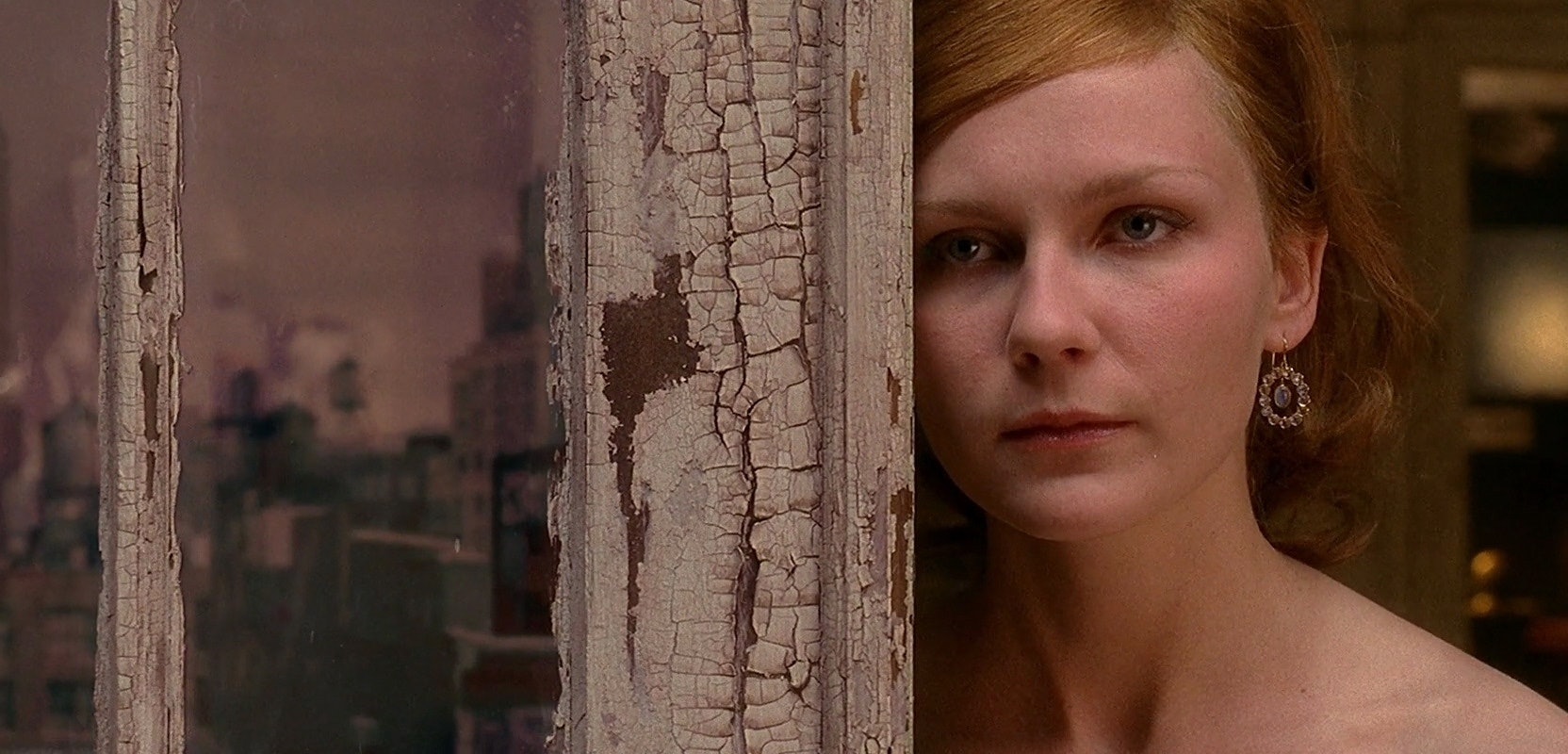
The superhero movie genre has grown at an exponential rate over the past 20 years. While both Warner Bros. and Marvel Studios have produced more than a few memorable, strikingly modern comic book films throughout this decade and last, though, there are still a number of pre-Marvel Cinematic Universe superhero movies that haven't lost an ounce of their power or distinctiveness. That's certainly the case for Tim Burton's Batman and Sam Raimi's Spider-Man, both of which are still widely considered two of the most important superhero films ever made.
It's arguably even truer, though, for Raimi's Spider-Man 2, which hit theaters 20 years ago this week. At the time, the film felt like a sharper, bigger version of its predecessor, 2002's Spider-Man, and it was received with open arms by casual viewers and critics alike. (Roger Ebert even gave it four stars.) Two decades later, it's not hard to see why. Not only is it still just as entertaining as it was in 2004, but as so many modern superhero films have taken disappointing shortcuts and seemingly forgotten the actual appeal of the genre, it's only become easier to appreciate how much Spider-Man 2 gets right.
It's the greatest superhero movie sequel that's ever been made and may ever be.
Spider-Man 2 picks up two years after Peter Parker (played with endearing daffiness by Tobey Maguire) became a superhero, and it follows him as he struggles to balance his college schoolwork, his day jobs, and his responsibilities as New York's friendly neighborhood web-slinger. When the film begins, his relationships with both his lifelong crush, Mary Jane "MJ" Watson (Kirsten Dunst), and his best friend, Harry Osborn (James Franco), still haven't recovered from the fractures that began to form at the end of 2002's Spider-Man. Unfortunately, things only get worse when his mentor-mentee friendship with his scientist idol, Otto Octavius (a magnificent Alfred Molina), is poisoned by Otto's tragic turn toward villainy.
Through his relationships with Harry, MJ, and Otto/Doc Ock, Spider-Man 2 is able to test Peter's heroic resolve more aggressively than ever before. As his personal life crumbles around him and the chances of him and MJ ever getting together grow increasingly slim, Peter experiences a literal personal crisis. His powers start to frequently vanish as his doubts and frustrations begin to affect him on a molecular level — his own body giving him the potential excuse he wants to leave his superhero life behind altogether. Spider-Man 2, in turn, manages to beautifully build on the coming-of-age story of its predecessor.

If Spider-Man is about forcing Maguire's Peter to understand the cost of not doing the right thing, then Spider-Man 2 is about bringing him face-to-face with the cost of doing the right thing. Peter Parker is, at his most basic, an everyday young man who wants to be able to pay his rent and go on dates with the girl he likes. That's what makes him such a universally relatable, enduring character, and Spider-Man 2 understands that. It doesn't shy away from the most embarrassing or frustrating aspects of his life. In addition to its core conflicts, the film even finds the time for an entire subplot about Peter’s inability to pay his rent in a timely manner. At every turn, Spider-Man 2 hits him with the impossible demands of living a double life — no matter how noble one may be.
Like any great superhero film, Spider-Man 2 finds the perfect villain to test Peter and his commitment to the greater good in Molina's Doc Ock. When his biggest scientific failure results in the horrifying demise of his wife, Otto sets out to use his mechanical arms to ensure that her demise wasn’t in vain. He resorts to crime and villainy in order to get one last shot at pulling off the invention he's spent his entire life trying to perfect. He puts his own dreams over everything else. In him, Peter is confronted with the worst possible version of himself: An extremely gifted man who uses his powers for his own gain.
When Peter sees firsthand the destruction of Otto's actions, as well as the love that his heroic deeds as Spider-Man inspires, he chooses to let go of his personal desires again. While Peter's climactic decision does lead to two tense, thrilling battles between him and Doc Ock, though, Spider-Man 2 doesn't settle for a straightforward, violent ending. Instead, after Peter's identity is revealed to both Otto and MJ, he tries one last time to save his former hero. Reciting a line that Otto said to him in Spider-Man 2's first act, Peter reminds his latest foe, "Sometimes, to do what’s right, we have to be steady and give up the thing we want the most — even our dreams." It's a dramatic beat that brings Spider-Man 2's story of internal conflict to a close and paves the way for its melancholic conclusion, in which Otto sacrifices himself to destroy his world-ending invention.

There are a lot of reasons why Spider-Man 2 has aged as well as it has. It is, of course, made with a level of technical precision and artistry that has become tragically hard to come by in the superhero genre, and it features more than a few all-time classic, breathtaking action sequences. Ultimately, though, it's the sincerity and heart of the film that still allows it to radiate as brightly as it does. It's a movie that's interested in spotlighting not only its hero's humanity, but also how impossible it is for anyone — even Spider-Man — to have it all. It does that all the way up to its last frame, which is itself a Graduate-esque fade-out close-up of Dunst's Mary Jane as she tries to accept the loneliness she'll inevitably feel by choosing to spend her life with Peter.
The shot is the perfect final note for Spider-Man 2 to conclude on — one that both expands the film's empathetic eye once more beyond Maguire's Peter and provides a fitting ending to a superhero movie that's about how learning to be an adult partly means learning to make sacrifices. What's more human or relatable than that?







